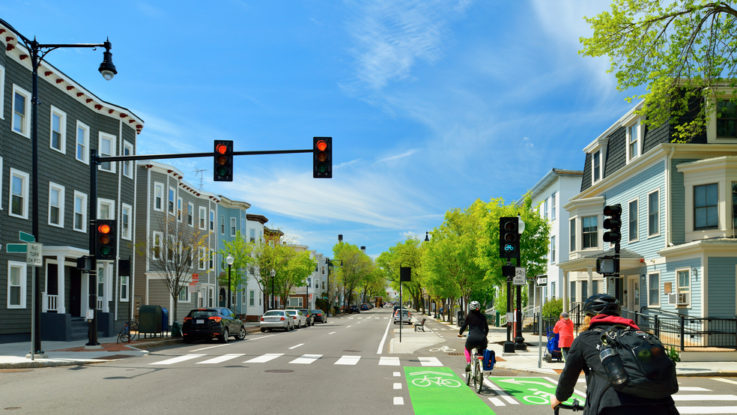
“No motor vehicles or motorized bicycles” has been a standard rule for bike lanes in the past, but the increasing popularity of e-bikes, motorized scooters, boards, and other vehicles is causing cities to reassess their bike lane regulations.
The city of Bakersfield, California is currently proposing to allow Class 1 and Class 2 e-bikes on the path – those with a maximum speed of 20 miles (~32 km) per hour. The current speed limit on the bike trail is 15 mph. They are also proposing slowing down traffic to 10 mph in the four parks where children play.
Three options were considered by the committee charged with examining current bike lane regulations:
- Option 1: amend municipal code to clearly allow all e-bikes and other motorized uses (expressly naming Class I/II/III e-bikes, motorized scooters, boards, etc.);
- Option 2: amend the Code to clearly prohibit all e-bikes and other motorized uses; or,
- Option 3: amend the Code to allow only specific motorized uses, for example only Class I e-bikes and motorized scooters, expressly prohibiting all others.
The City is facing opposition to its proposal to allow limited usage of e-bikes. The Kern River Parkway Foundation has expressed its concerns that e-bikes – which can be used by people as young as 16 – could endanger walkers and cyclists on the path, and might encourage riders to travel off-trail through protected areas of the parks.
In the next step in the process, proposed ordinances will be prepared and reviewed by the committee. Faced with the new technologies, the language must be clarified, regardless of any policy decisions that are made.
“E-bikes weren’t around in the ’70s. Technology is advancing,” City Councilman Andrae Gonzales said. “It’s our job in government to respond to the world as it changes and unfolds.”